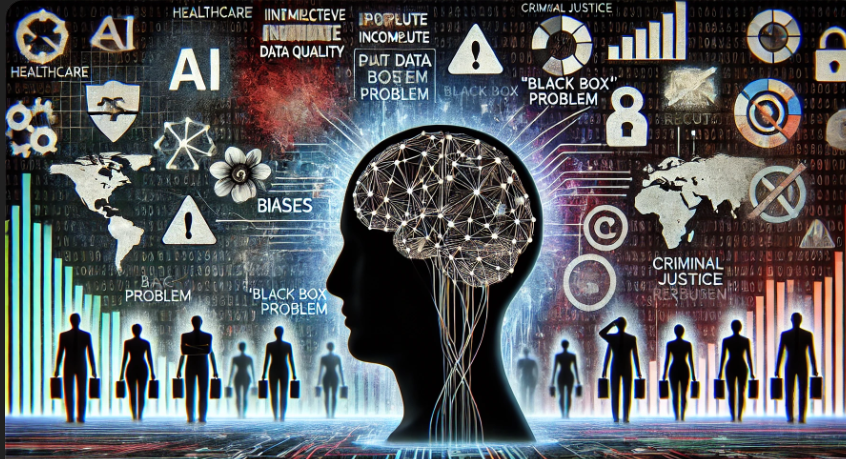This Critical Weakness Could End the AI Industry

Artificial Intelligence (AI) has made remarkable strides over the past decade, transforming industries and reshaping the way we live and work. From autonomous vehicles to personalized recommendations, AI's potential seems limitless. However, beneath this technological marvel lies a critical weakness that threatens to undermine the very foundation of the AI industry. This weakness, if not addressed, could spell disaster for AI's future.
Data Quality and Bias
AI systems are only as good as the data they're fed. This means that biases, errors, or gaps in the data used to train these systems can lead to harmful and inaccurate outputs. This is not a hypothetical problem; it's a pressing issue with real-world implications.
- Bias in Data: AI systems are only as good as the data they are trained on. If the training data contains biases, these biases will be reflected in the AI's decisions. For example, facial recognition technology has been shown to have higher error rates for people of color due to biased training data. This can lead to unfair treatment and perpetuation of societal inequalities.
- Inadequate Data Quality: Poor-quality data can lead to inaccurate and unreliable AI models. In healthcare, for instance, using flawed data for diagnostic AI systems can result in misdiagnoses and potentially harmful treatments. This not only undermines trust in AI but can also have serious real-world consequences.
The Black Box Problem: AI's Opacity
Many advanced AI systems, particularly those based on deep learning, operate as "black boxes." This means their internal processes are so complex and convoluted that humans can't easily understand how they reach their conclusions. This lack of transparency presents significant challenges.
- Accountability becomes a complex issue when AI makes mistakes. It's difficult to pinpoint who or what is responsible for errors, especially in high-stakes areas like healthcare or autonomous vehicles.
- Trust in AI is eroded when users can't comprehend how the system arrives at its decisions. This lack of understanding can hinder widespread adoption of AI technologies.
- Effective AI regulation is hampered by the inability to scrutinize the inner workings of these systems. Without a clear picture of how AI operates, it's challenging to create appropriate rules and safeguards.
Solution
To fully harness the potential of AI while mitigating its risks, a concerted effort is needed to address its core weaknesses.
- Data is the lifeblood of AI, and ensuring its quality, comprehensiveness, and unbiased nature is paramount. This involves meticulous data curation, validation, and diversification.
- Transparency is essential for trust and accountability. Developing explainable AI models that can articulate their reasoning will be crucial. This requires substantial research and development in the field of AI interpretability.
- Ethical considerations must be at the forefront of AI development. By adhering to robust ethical guidelines and implementing continuous monitoring systems, we can ensure that AI is used responsibly and beneficially.
- Finally, a solid regulatory framework is indispensable for governing AI technologies. Such frameworks should prioritize transparency, fairness, and accountability, providing a clear path for responsible AI development and deployment.
The future of AI hangs in the balance. While its potential is immense, critical flaws such as data quality issues, bias, and opacity pose significant challenges. To realize AI's full benefits, we must urgently address these problems. By prioritizing data integrity, transparency, and ethical practices, we can build a future where AI is a trusted and powerful tool for positive change.

